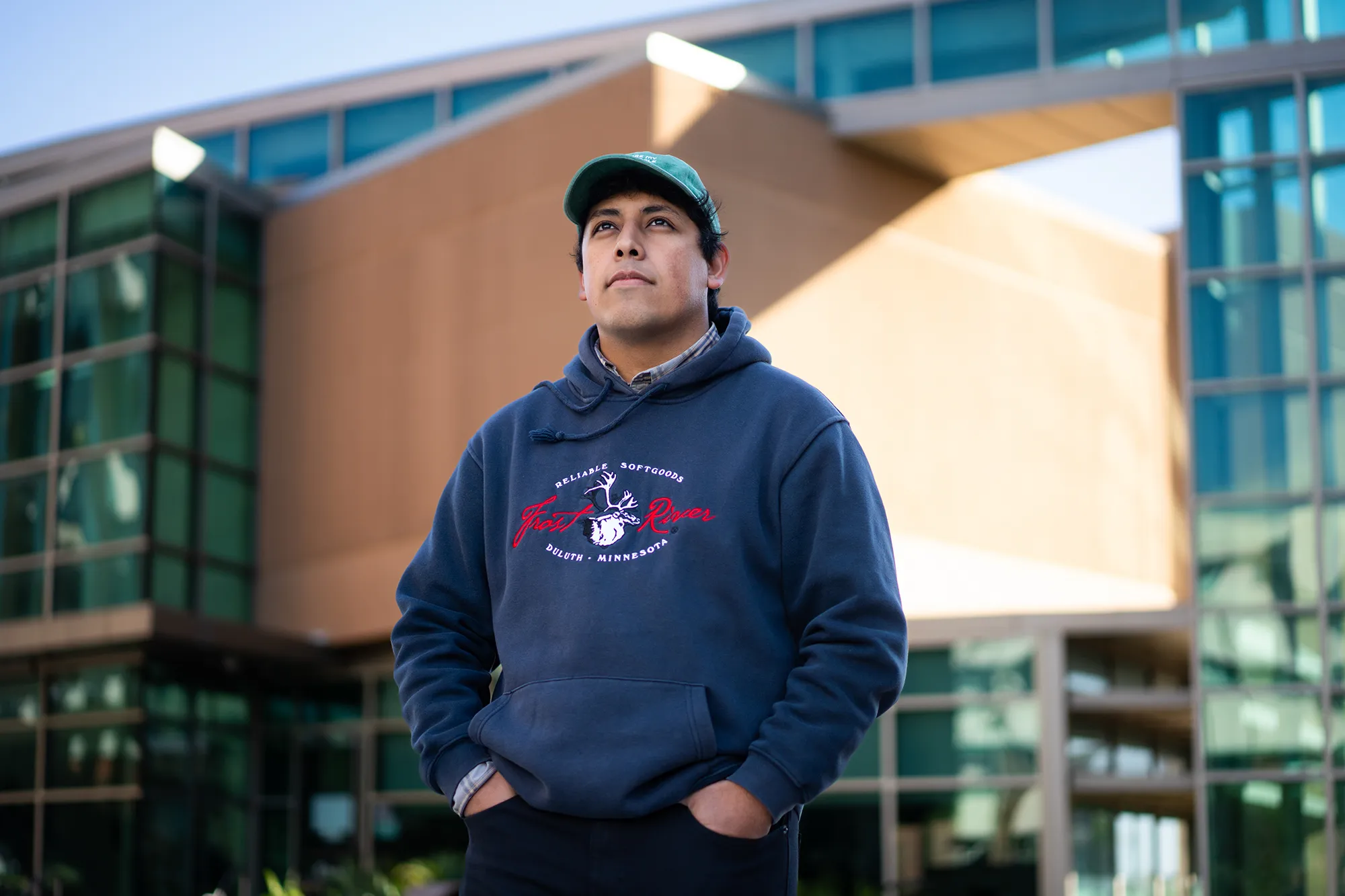By Alfredo Santana
Contributing Writer
LOS ANGELES — A major political shakeup is brewing in Council District 1 where activist Eunisses Hernandez appears poised to oust incumbent Gil Cedillo. Following the latest update June 28 by the county Registrar-Recorder’s Office, Hernandez leads Cedillo by more than 2,400 votes with less than 7,000 votes remaining to be counted countywide.
Hernandez, who campaigned on a progressive platform to freeze police hirings, abolish violence against minorities and switch allocations from the Los Angeles Police Department to social and housing programs for the needy, has already declared victory over Cedillo.
“We’ve done what many people told us would be impossible,” Hernandez said on Twitter. “We won this race for #CD1 and will be going to City Hall. The people of CD1 have spoken, calling for change by voting to prioritize affordable housing, investment in our elders and young people, and support for renters.”
Hernandez’ campaign was powered by a large team of volunteers eager to knock on doors. She attacked Cedillo for relying on campaign contributions from housing developers like Atlas Capital.
“We knocked on 64,000 doors, and didn’t take a dime from landlords, developers or law enforcement,” Hernandez tweeted. “I hope you all feel proud because we just made history.”
Cedillo has not conceded the race, but his chances to overcome the deficit and win a third four-year term seem slim.
The First District includes densely populated neighborhoods, from Highland Park, Chinatown, Lincoln Heights, Elysian Park, Westlake and Pico Union.
In a sign of upcoming changes, Eighth District Councilman Marqueece Harris-Dawson lauded Cedillo’s accomplishments when he served in Sacramento as state senator from 2002 to 2010, and before that as assemblyman.
Before Cedillo was elected to the City Council in 2013, he authored a law that granted undocumented adults in California the right to obtain driver’s licenses, and the Dream Act, allowing undocumented high school students to enroll in public universities paying tuition as residents.
Before running for public office, Cedillo was a leader with the Service Employees International Union, Local 660, representing Los Angeles County workers. He used that stage to fight against Proposition 187, the 1994 controversial voter-approved measure that banned the undocumented from public education and all state services.
“While Cedillo and Hernandez’ current day-to-day policy positions diverge, they were called to serve CD 1 from a spirit of resistance and the belief in a better tomorrow,” Harris-Dawson tweeted on June 24.
“The same liberal establishment that discouraged and opposed Gil now opposes his successor. Hopefully history repeats itself and Eunisses is as successful as Gil,” Harris-Dawson said on his thread.
On the campaign trail, Cedillo touted a record for social equity, securing construction and availability of affordable units in a district besieged by gentrification, expanding tenants rights and for authoring more than 100 bills in Sacramento that became law.
In addition, Cedillo is the current Housing Committee chair, but he missed a meeting scheduled last week and was absent from several council meetings since the election.
His current term will expire on December.
Hernandez also launched a counterattack on what she defined as an unsuccessful effort from established groups to derail her campaign.
“Special interest groups such as California Apartments Association, Los Angeles Police Protective League, and the L.A. Federation of Labor spent $1.4 million on attack ads against us in a failed attempt to discredit our progressive values and policy goals,” she tweeted.
Hernandez is not a rookie on local political endeavors either.
She has been credited with drafting Measure J, a proposal approved by voters in 2020 that would direct 10% of the county’s locally unrestricted funding toward community investments such as job training, small business development, youth activities, alternatives to jails and housing services.
However, an L.A. Superior Court judge declared Measure J unconstitutional last July on grounds that the voters undermined the county supervisors’ authority to make budget decisions.
In response to the popular vote, the supervisors voted to streamline 10% of unrestricted county-generated income to support those programs, but the county has not committed funds that would amount to more than $3 billion.
Cedillo was not available for comment on the election results, and City Hall staff members had not issued a statement at press time.












